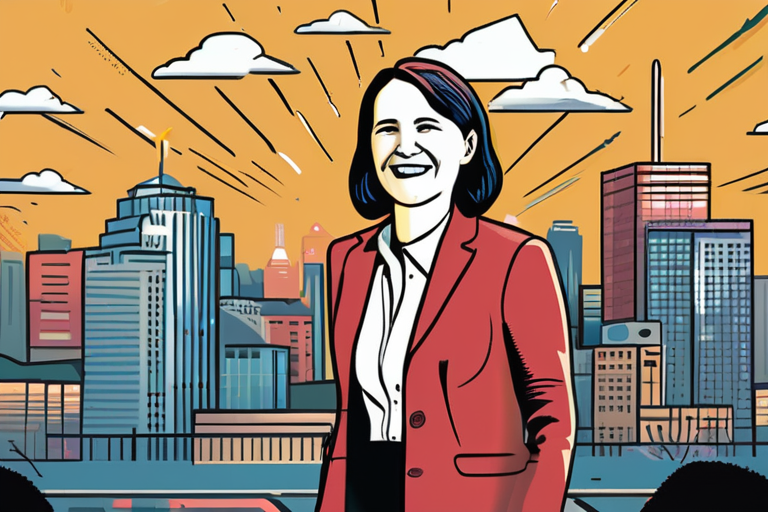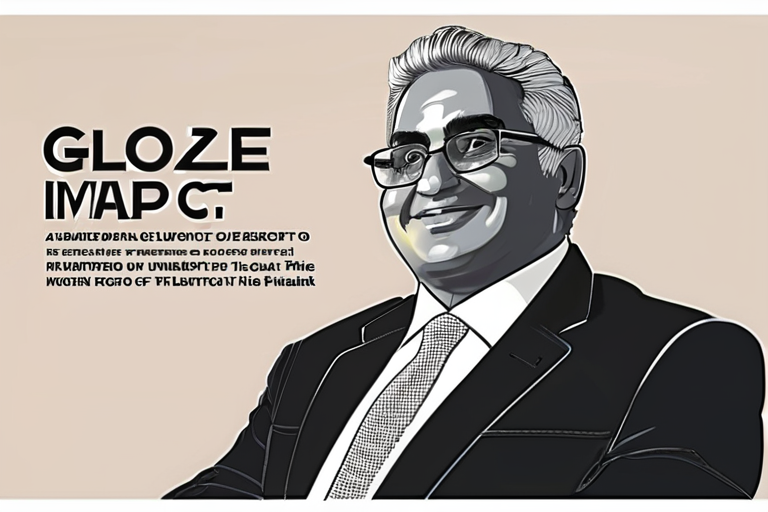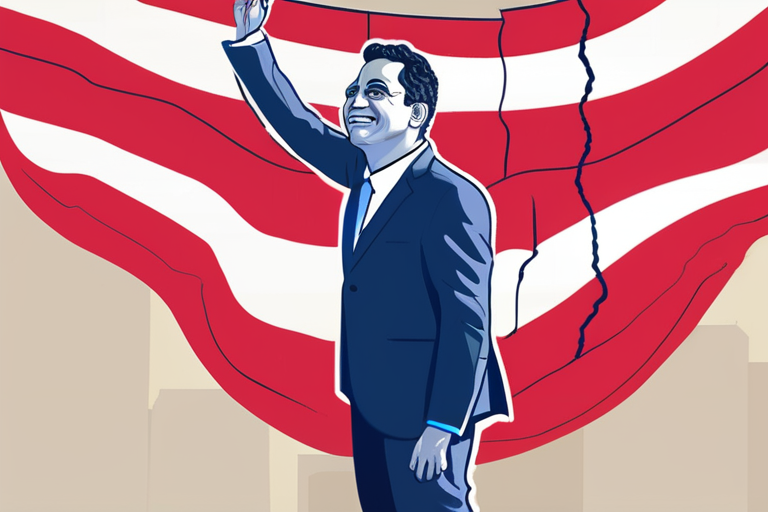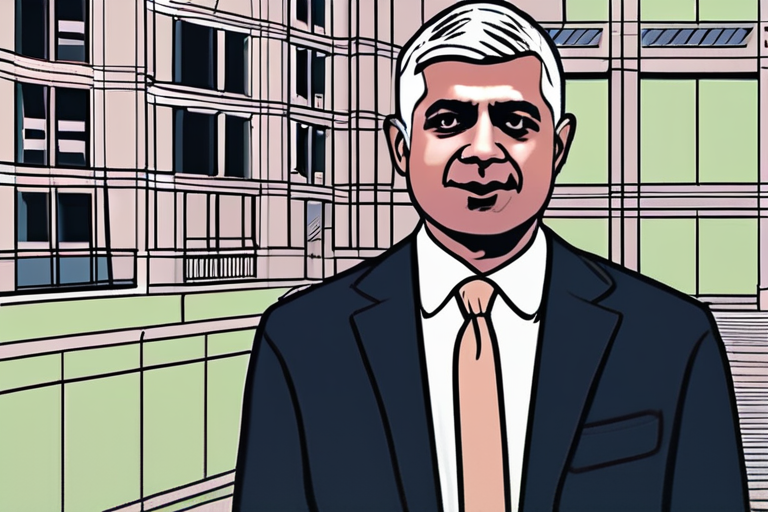Shares fell in Seattle's political landscape as 43-year-old democratic socialist Katie Wilson unseated incumbent Mayor Bruce Harrell in a closely watched election. Wilson, who has never held elected office, secured the win with a surge in late-arriving votes that trended heavily in her favor. The election marked another victory for affordability politics, a movement gaining traction nationwide.
In a concession speech at City Hall on Thursday afternoon, Harrell acknowledged Wilson's win, stating, "I feel very good about the future of our city, and I'm confident that Katie will do a great job." Harrell, a centrist Democrat who previously served three terms on the City Council, had initially led in early results. However, Washington's all-mail election system allowed for late-arriving ballots, which ultimately broke in Wilson's favor.
The election outcome reflects a broader shift in national politics, with leftist Democrats gaining momentum in their push for affordability and social justice. Wilson's campaign focused on issues such as affordable housing, public safety, and addressing homelessness, resonating with voters frustrated with the status quo. In a statement, Wilson expressed gratitude to her supporters, saying, "We're going to work tirelessly to ensure that every Seattleite has access to affordable housing, quality education, and a safe and healthy community."
The Seattle mayoral election has significant implications for the city's future, particularly in addressing pressing issues such as homelessness and public safety. According to the city's latest data, homelessness has increased by over 20% in the past year, while crime rates have also seen a notable uptick. Wilson's victory is seen as a victory for progressive policies, which aim to address these issues through increased funding for social services and affordable housing initiatives.
As the city prepares for a new administration, many are watching to see how Wilson will navigate the complexities of municipal governance. With no prior experience in elected office, Wilson will face significant challenges in implementing her policy agenda. However, her supporters remain optimistic, citing her grassroots organizing experience and commitment to social justice.
The outcome of the election has also sparked debate among local politicians and pundits, with some hailing Wilson's victory as a triumph for progressive politics, while others express concerns about her lack of experience. In a statement, Seattle City Councilmember Teresa Mosqueda acknowledged the shift in the city's politics, saying, "We're entering a new era in Seattle, one that prioritizes affordability, equity, and social justice. We look forward to working with Mayor-elect Wilson to address the city's pressing issues."
As the city transitions to a new administration, many are eager to see how Wilson will tackle the complex challenges facing Seattle. With a clear mandate from voters, Wilson is poised to make a significant impact on the city's future.



























Share & Engage Share
Share this article